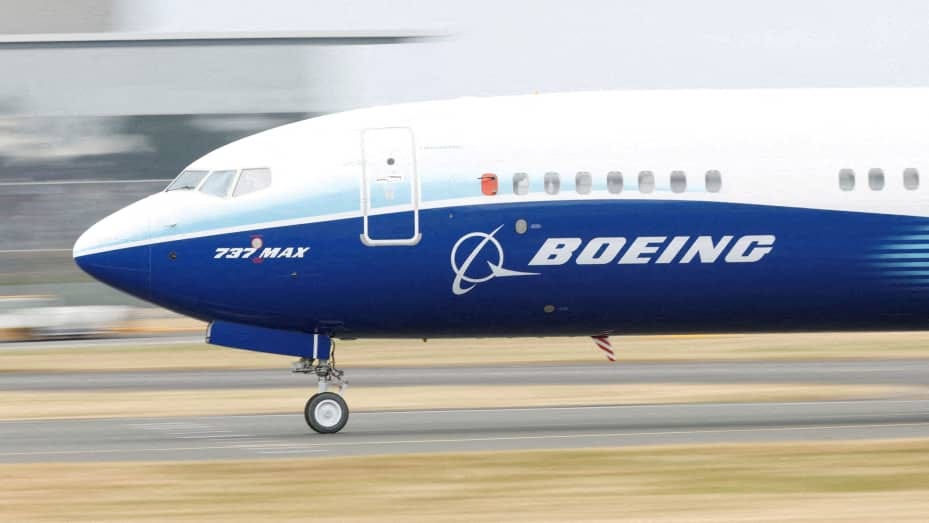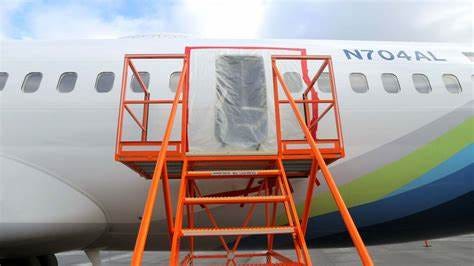Is Boeing Too Big To Fail?
The recent run of issues does hurt, but let's not get ahead of ourselves here.
We’ve been used to hearing the phrase that the Tier 1 banks are “too big to fail”, especially when reviewing the impact of the global financial crisis. Yet earlier this week, US Fed Trade Commission Chair Lina Khan referred to Boeing with the same phrase.
Given all of the issues that the firm has endured over the past few months, the share price fall of 28% YTD is fairly justified. Yet does the price have a natural floor if it is indeed too big for the US Government to let fail?
Problems over the recent past
Back in early January, news broke that an unused cabin door broke away from an Alaska Airlines flight from Portland, Oregon. The Boeing 737 Max 9 door "plug" which fell away from the aircraft weighed 27kg.
As a result, the US grounded 171 of the Boeing 737 Max 9 planes, with the CEO commenting just days later that the firm was "acknowledging our mistake".
When the Federal Aviation Administration's (FAA) did an audit of Boeing's production process, it failed 33 of 89 tests.
Since then, other issues have started to emerge. Earlier this week, a United Airlines Boeing 777 plane that was heading for Japan was forced into an emergency landing in at LAX because it lost a tire.
Last week, another Boeing jet was forced to make an emergency landing in LAX after taking off from San Francisco due to hydraulic issues.
It does seem somewhat bizarre that in the course of just a couple of months, the firm has recorded a multitude of incidents that have severely damaged the reputation of the brand.
For the rest of the article, we’ll discuss:
If Boeing does hold a monopoly in the sector
Why Boeing is nowhere close to failing
The price levels where we want to buy
Technically a duopoly
Some would argue that Boeing became a monopoly in the US market back in 1997 when it bought the only other domestic producer of airlines, McDonnell Douglas.
It has limited acquisitions over the past few years, but is currently in talks to buy Spirit AeroSystems Holdings.
The reality is that if airlines want to purchase planes, it only really has Boeing or Airbus (the European rival) to go to. Given the long-term contracts agreed and forward order books provided, it’s not simply a case of clicking fingers and switching from one to the other.
It’s also key to remember that the pilots that airlines employ are certified to fly usually on either Boeing or Airbus. So again, Boeing is a powerful firm as the stickiness of the client base is very evident.
Although Airbus does have a good base in Europe, Boeing still has market share here due to the wider range of planes. As part of the transition that is ongoing, the Boeing 737 MAX family is replacing the Boeing 737NG family. The Boeing 787 is also a replacement for the Boeing 767-300ER and Boeing 777-200ER.
The bottom line here is that Boeing will have a superior fleet across the seat range, causing it to likely hold an even stronger grip on the market in coming years.
Could Boeing fail?
To begin with, it’s important to note that all of the issues with Boeing so far this year relate to engineering or product faults. Financially, the business is not struggling or in anyway close to needing funding from the US Government.





